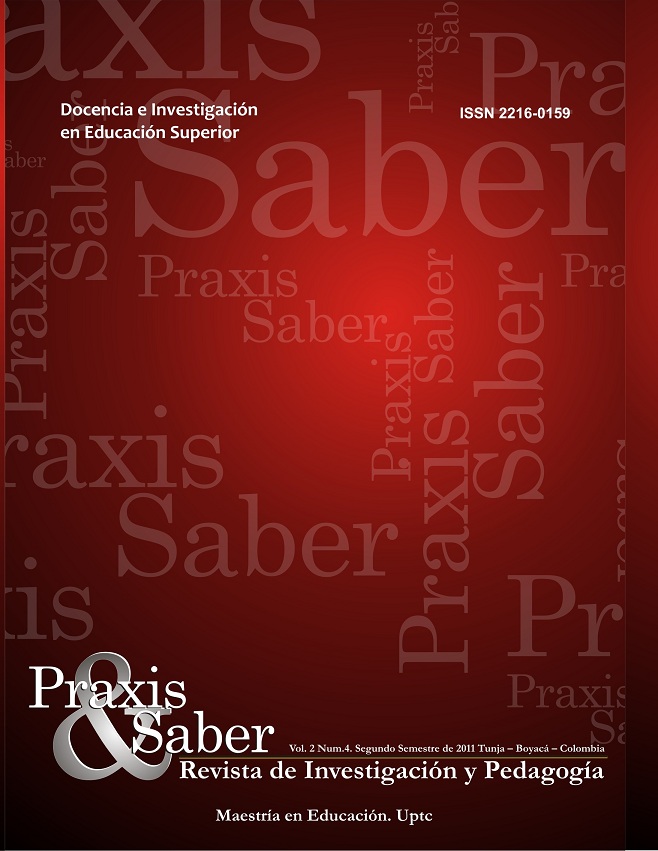Validation and authentication of education and pedagogical research

Abstract
This research paper develops ideas about the meaning and processes of validation and authentication of scientific research in education and pedagogy. It presents criteria and reflections that contribute to the examination of conceptions and common research practices in the academic, disciplinary and professional fields. Core concepts such as science, scientific research, community of competent practitioners, validation and authentication are developed in an explanatory and argued manner. The presentation of the concepts emphasizes the social, public and argumentative nature of science, as a system, and scientific research, as a process. Based on the articulation of these concepts, it is argued, and concluded, that the community of competent peers is the most suitable, by nature, to validate an investigation, and that legitimacy is a gradual process, carried out by society based on limited and historically contingent interests and values. In the light of these approaches, we introduce and challenge some conceptions and existing practices in our academic environments.Keywords
education sciences, research in education, pedagogical research, authentication of the research, validation of the research.
References
- ÁVILA, Rafael (2004). La organización institucional del conocimiento, un problema por resolver en la Universidad. Documento inédito. Maestría en Educación. Universidad Pedagógica Nacional. Bogotá.
- DRIVER, Rosaline et al.argumentation in classrooms”. Science Education, 84(3): 287-312.
- ELKANA, Yehuda (1983). La ciencia como sistema cultural. Una aproximación antropológica. Boletín Sociedad Colombiana de Epistemología. III,Enero-Dic. 10-11: 65-80.
- KELLY, Gregory et al. (1993). “Science education in sociocultural context:perspectives from the sociology of science”. Science Education 77(2):207-220.
- KUHN, Deanna (1993). “Science as argument: implications for teaching and (Science Education, 77(3): 319-337.
- LUCIO, Ricardo (1989). “Educación y pedagogía, enseñanza y didáctica: diferencias y relaciones. Revista de la Universidad de La salle, Año XI, julio, 17: 35-43.
- PÉREZ, Ángel (1995). “La escuela: encrucijada de culturas”. Investigación en la Escuela, 26: 7-8.
- RATCLIFFE, John (1983). Noción de validez en la metodología de la
- investigación cualitativa. Knowledge: creation, diffusion, utilization,
- (2): 147-167, December. Trad. Gallego, R. et al. 1991. Documento
- inédito, Maestría en Educación, con énfasis en Docencia Universitaria.
- Universidad Pedagógica Nacional. Bogotá.
- VÁSQUEZ, Fernando (2002). La cultura como texto. Bogotá: Universidad Javeriana.